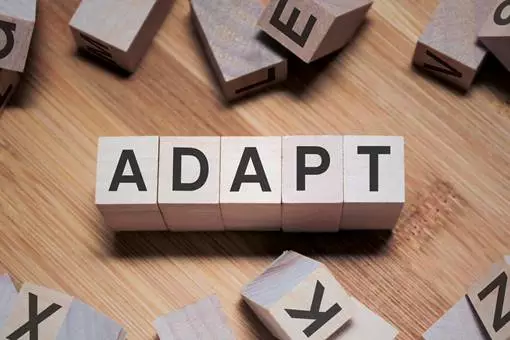British Education Could Learn From Retail
- 10th January 2014
- Written by Hari Srinivasan
- Education & Careers

There are many parallels that could be drawn between British retail and the education sector. Drawing parallels with traditional high street retail, we look at the future of British education …
Two days ago, we discussed the impact the polar vortex might have on the U.S. economy. On this side of the Atlantic, storms have battered Britain for weeks now. At this juncture, the big British high street retail giants registered losses and blamed it on the weather. But how did it get to this?
The ‘Two-Speed’ High Street
The British high street is the weathervane of the economy; it never points in the wrong direction. It reflects its successes and reveals its failures. When City A.M. spoke of ‘a two-speed high street’, it shed light on the state of British retail today.
The traditional big retailers – Tesco, Morrisons and Marks & Spencer – all reported losses. Meanwhile, the innovatory retailers – John Lewis, Next, Ted Baker, etc. – registered strong growth over the holiday period. The big retailers blamed the stormy weather for the drop in sales, claiming it turned customers away from the high streets and forced them to go online for deals.
In this process of weather-blaming, the big retailers have failed to give credit where it’s due – to adaptation. The best thing that happened to the successful retailers wasn’t bad weather, it was their capacity to retail online. John Lewis and the others offered relevant services to cater to the needs of the current populace. This slow metamorphosis should be applauded.
The need to truly understand one’s customers well is of utmost importance. And the ability to know exactly how to cater to one’s customers is what marks a successful brand from a failure. We must note that more Britons than ever in history are part of the workforce today. The more you work, the less you walk down your high street looking for deals.
Delivering ‘Relevant’ Education
Many parallels can be drawn between what has happened to high street retailers over the holidays and the education sector. The education sector in Britain needs to adapt better and faster to meet the demands of an increasingly professional population. While public universities continue to work as usual, private education has boomed in the UK. They are sleeker, they know the market and they deliver efficiency. Technology has played a vital role in this transition.
Technology has increasingly attempted to fill this void; it rescued retailers time and again. To expect increased high street engagement with customers, at a time when everything from toilet rolls to tourist visas can be paid for online, is naïve. The retailers who are successful today have ensured they meet their customers’ needs at the click of a button. While the big retailers have online presences too, it takes more than just a website and an app to serve customers well. Developing a strong connection with customers from a distance takes knowing them well and not merely bombing them with spam email offers. It requires attention and it requires diligence.
Similarly, education has to transition. It is no longer enough to merely accrue a degree. One’s education needs to be relevant. This relevance comes in various shapes and forms. Being prepared for the job market and learning from professionals with industry experience has become crucial. The process of gaining knowledge from practice, over mere theory, has become indispensable. Technology makes this happen.
Private education has done what public universities couldn’t. It has brought education to professionals instead of the other way round. In our globalised times, it is now possible for professionals to keep their hardworking schedules, go home from work and accumulate degrees with online study. Not only does this help empower professionals who seek to learn more but also breeds an intelligent workforce driving the economy.
The key to developing British education lies in acknowledging that the student and the professional are no longer two separate entities. They are two eyes on the same face who need to function in tandem. It is fair to say that people will continue to shop at high street outlets just like they will continue to attend university classrooms. But the move away from traditional classrooms is ongoing and imminent. Online private education might very well be the answer and the future of British education.
The ones who adapt earliest will succeed the longest. For now, many might reckon that perhaps private education seems to be leading the way.
We offer an expansive selection of Executive Education programmes and Online Education courses to aid the growth and development of professionals.
<Principal image courtesy Henry Burrows/Some rights reserved>
Other News
7 Benefits of Studying an Executive Course at LSBF
The fiercely competitive business domain of today requires you to constantly update yourself to stay relevant in your career. Pursuing…
How to Adapt Your Professional Skills For the ‘New Normal’
The ability to adapt to adverse circumstances and new challenges is considered an ideal attribute in the corporate world, especially…
How Education can help UK’s Soft Skills Crisis
The UK may be suffering from a soft skills crisis which could threaten business productivity, a recent study by Instructure…



